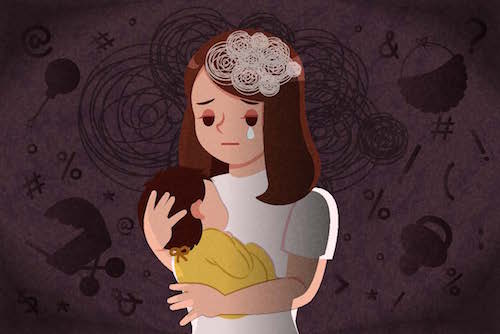 //REWORK THIS
//REWORK THIS
Happy Mother Happy Child
Research Hosts: Dr Yingyi Liu and Prof Rebecca Pearson
As part of an exciting project working with the children of the children of the 90s https://youtu.be/eXuCSXKXteY, our research team have collected over 150 videos of parents and infants recorded at home using wearable ‘head cams’. Families have provided and a large amount of footage which has huge potential and much of it has not yet been processed. In addition, the protocol has not yet been extended to older ages where behavioural domains may differ.
We want to recruit students, who will be provided training, to micro code a small number of videos (accessing them securely on campus on password protected computers) using the our coding manual OSF Preprints | Mental Health Intergenerational Transmission (MHINT) Process Manual and using Observer Software Behavioral coding – Event logging software | The Observer XT (noldus.com). Students will contribute to a growing database of mother-child behaviour and learn behavioural coding skills. In addition, where the approach has not been applied yet, students will be asked to consider new behavioural domains relevant to older children and teenagers and help to produce an updated manual for coding of parent-child and parent-teen interactions.
Observer XT training will be provided by Professor Pearson on 4th July for (2 hours) .
Students will also have an opportunity to learn to process a large quantitative dataset to produce scores for questionnaires and factors. In this process, basic skills in SPSS will be taught and applied to enhance the students’ quantitative skills (2 hours).
More details of the research team Mental Health IntergenerationNal Transmission (MHINT) (openaccessgovernment.org)
In A Nutshell...
- Collaborate... with staff in different departments and universities
- Upskill...in a large research team led by experts in the field in both quantitative and qualitative research
- Show Leadership... and the opportunity to demonstrate creative problem solving
- Expand knowledge... in ethics application and research flow
- Earn up to 60 Rise points ... which can be recognised within your degree.
Schedule
-
12:00 to 14:00 on 04/07/22 - TBC
Micro Video Coding Training This involves attending training sessions about video coding to get familiar with the softwares. -
10:00 to 11:00 on 05/07/22 - TBC
Intro to ALSPAC data Introduction to the ALSPAC project and data -
13:00 to 15:00 on 05/07/22
Video Coding Apply the skills gained from the training session to code the videos -
10:00 to 12:00 on 06/07/22
Video Coding Apply the skills gained in the training session to code the videos -
14:00 to 16:00 on 06/07/22
Video Coding Apply the skills gained from the training session to code the videos -
14:00 to 16:00 on 11/07/22
Quantitative cleaning and processing Apply preliminary data cleaning and processing on the quantitative data






